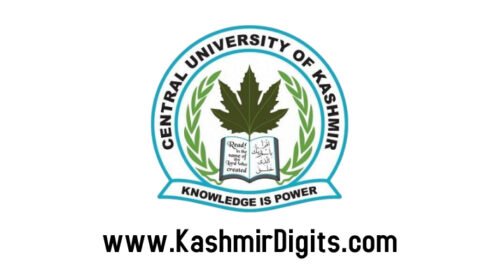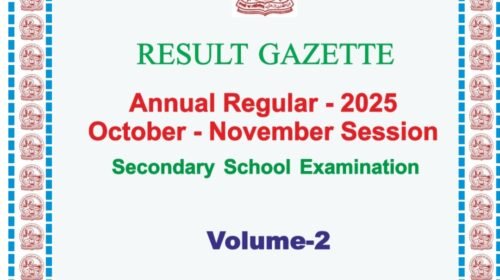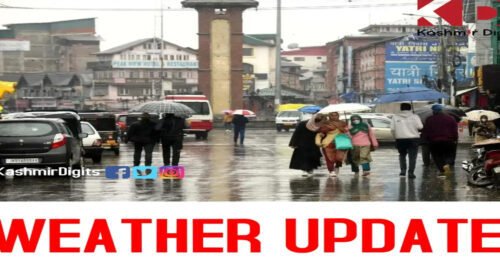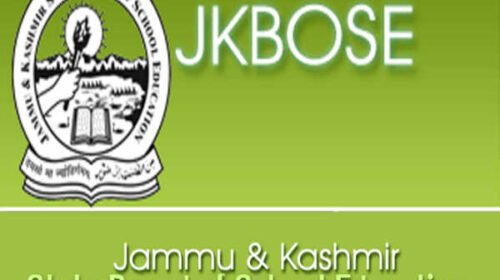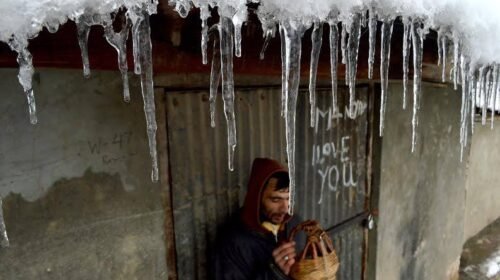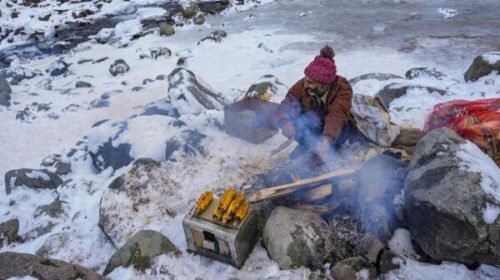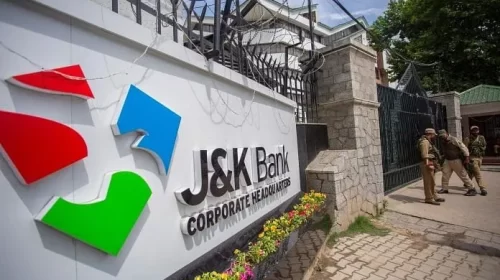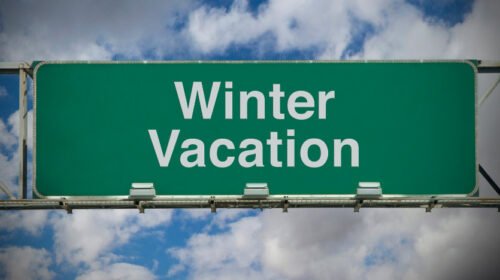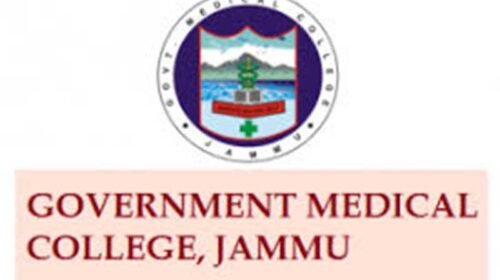Kashmiris are known for their peculiar eating habits which include foods like dried vegetables, nun chai(salt tea), Ver ( spice cakes) among others. While this may sound and taste like delicacies daily large consumption of such items may be responsible for surging stomach cancer in the valley, doctors and data has revealed.
The fresh findings were revealed by the study titled Kashmiri Diet and Gastric Carcinoma Epidemiology and Risk Factors.
The study states that there’re certain risk factors which make some patients more prone to gastric cancer.
In fact, stomach cancer, as per the study, was the most commonly reported cancer (25.2%), followed by colorectal cancer (16.4%) and lung cancer (13.2%) among males in Kashmir.
For females, the study notes, colorectal cancer (16.8%), breast cancer (16.1%), and stomach cancer (10.4%) were the most frequently reported cancers in order of frequency.
| Install Our App | DOWNLOAD |
| Join Telegram Channel | JOIN NOW |
| Join Facebook Group | JOIN NOW |
| Subscribe YouTube Channel | SUBSCRIBE |
| Follow On Twitter | FOLLOW |
| Follow On Instagram | FOLLOW |
Food Habits of Kashmiri People
Among the “peculiar dietary habits” listed by the study for posing increased gastric cancer risk include intake of Kashmiri salt tea, high intake of Brassica Olerecea (Haakh), dried fish and vegetables, and spice cakes commonly called as Ver.
“Sun-drying exposes vegetables to uncontrolled U.V radiations and thus makes them more prone to aflatoxins and fungi,” the study asserts. “This treatment may be detrimental to human health.”
The study further reveals that these “preserved and peculiar” foods like Haakh have a significant amount of N-Nitroso compounds (carcinogens that produce cancer) in them.
“There’re enough literature and evidence to prove the carcinogenic effect of N-Nitroso compounds,” the study says.
“Researches done on experimental animals by exposing them to doses of N- Nitroso compound prove their toxicity and carcinogenetic effect in humans.”
Meanwhile, explaining the study, Dr. Iqbal Saleem, Professor of Surgery, Government Medical College (GMC), Srinagar, told Kashmir Observer that people need to change their food habits and lifestyle, and should go easy with salt.
“Prolonged brewing makes salt tea [Nun Chai] carcinogenic in nature,” Dr. Iqbal reiterated what medics have been warning Kashmiris since very long now. “People especially in rural areas of the valley take a lot of salt tea. It even goes to 10 cups per day. People need to take less salt.”
He, however, maintains that these food items are not the only reason for the cancer but they surely contribute to it.
Prevalence of stomach cancer, the study further reveals, is 40 per cent more in Kashmir than any other cancer — making its occurrence “three to six times” higher than in the metropolitan cities of India.
“Gastric cancer attains the position of top five cancers in the valley with a Male: Female ratio of 3.17:1,” the study maintains. “Dietary habits of the population contribute to the high gastric cancer prevalence in the valley.”
According to another study done in 2016, “Epidemiology of Cancers in Kashmir, India: An Analysis of Hospital Data”, gastric tumor was the most commonly encountered cancer contributing 18.8 per cent to total cancers in Kashmir.
Late Diagnosis
But despite diagnosing the critical disease at an early stage with the help of the latest technology, the doctors say the patient often arrives late for checkup — thus making stomach cancer a high-mortality rate disease in the valley.
“This cancer is almost curable if we detect it at the early stage,” Dr. Rajandeep Singh, Consultant General Surgery, SMHS, told Kashmir Observer.
“But unfortunately, we receive the patients at the last stage of cancer. The patient generally ignores the symptoms.”
The only way to deal with the disease, he said, is to take stomach related issues seriously and see a doctor.
Notably, from 2018 to 2021, the SMHS hospital conducted over 40 Gastrectomy surgeries and most of them were performed on the patients from Kulgam and Pulwama.
The increased caseload from the twin south Kashmir districts has to do with the “land rich in nitrates and increased intake of salt rich food by natives there,” Dr. Arshad Rashid, Consultant Surgeon, GMC, Srinagar, told Kashmir Observer.
The Symptoms
The doctors argue that if any person above 40 years of age doesn’t feel well after taking food or his stomach is upset, s/he needs to see a doctor.
“If anyone is having blood loss without any symptoms, s/he needs medical help,” Dr. Iqbal said. “Or if a person feels dizzy or has weakness and bloating after taking meals, s/he needs consultation.”
The doctor warned that taking antacid tablets to get timely gastric relief is a big problem.
“Self-medication should be avoided,” he said. “People should take more fruits and fiber rich vegetables and change the lifestyle that invites trouble.”

